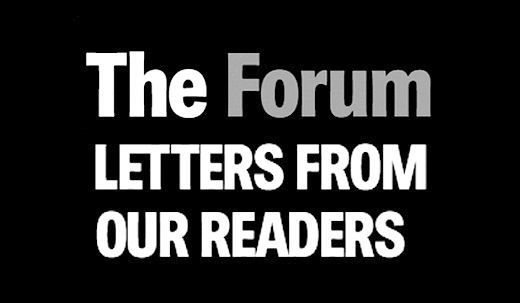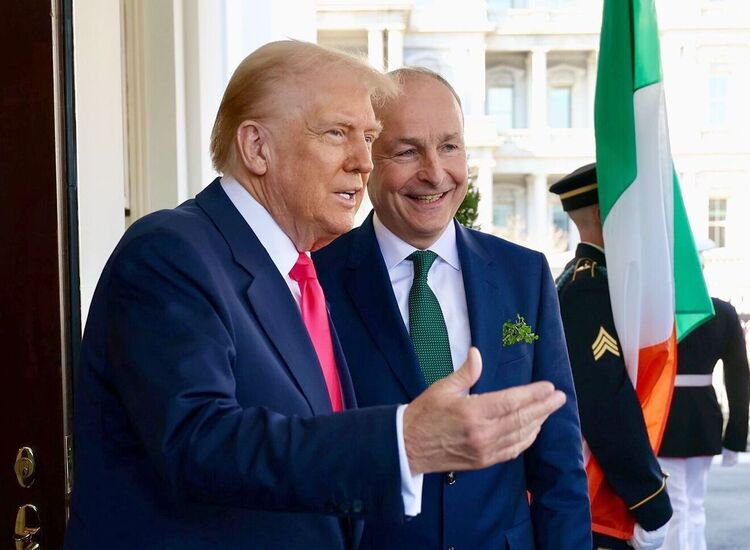Editor:
I write in response to the Irish Echo Opinion piece on Ireland's neutrality. Ireland's neutrality has been a cornerstone of its foreign policy for over 80 years, but recent geopolitical shifts have sparked debates about its viability.
Historically, neutrality allowed Ireland to assert independence from Britain and avoid entanglement in global conflicts, benefiting from its geographic isolation. However, modern security threats, such as Russian naval activities and cyber vulnerabilities, have exposed gaps in Ireland’s defense capabilities.
Ireland relies on NATO indirectly for airspace protection and cybersecurity, despite not being a member. Critics argue this creates a "freeloader" dynamic, where Ireland benefits from NATO without contributing proportionately. Recent partnerships with NATO and the EU in cybersecurity and maritime security highlight Ireland's increasing engagement with international security organizations.
Public opinion remains divided. While 61% of Irish citizens support neutrality, there is growing support for boosting military capacity. Some experts suggest that Ireland must modernize its defense forces to maintain true neutrality or consider deeper collaboration with NATO for collective security.
If Ireland were to unite and lose UK security guarantees, joining NATO could provide robust protection against emerging threats. However, neutrality remains deeply ingrained in Irish identity, making any shift toward NATO membership would be politically sensitive.
At this time, since Ireland depends on NATO support indirectly for airspace protection and cybersecurity while maintaining their neutrality status, it is vital that the Republic of Ireland proportionately compensates NATO through a joint mutual agreement in compliance with international law.
Kevin Scollans, Denville, NJ









